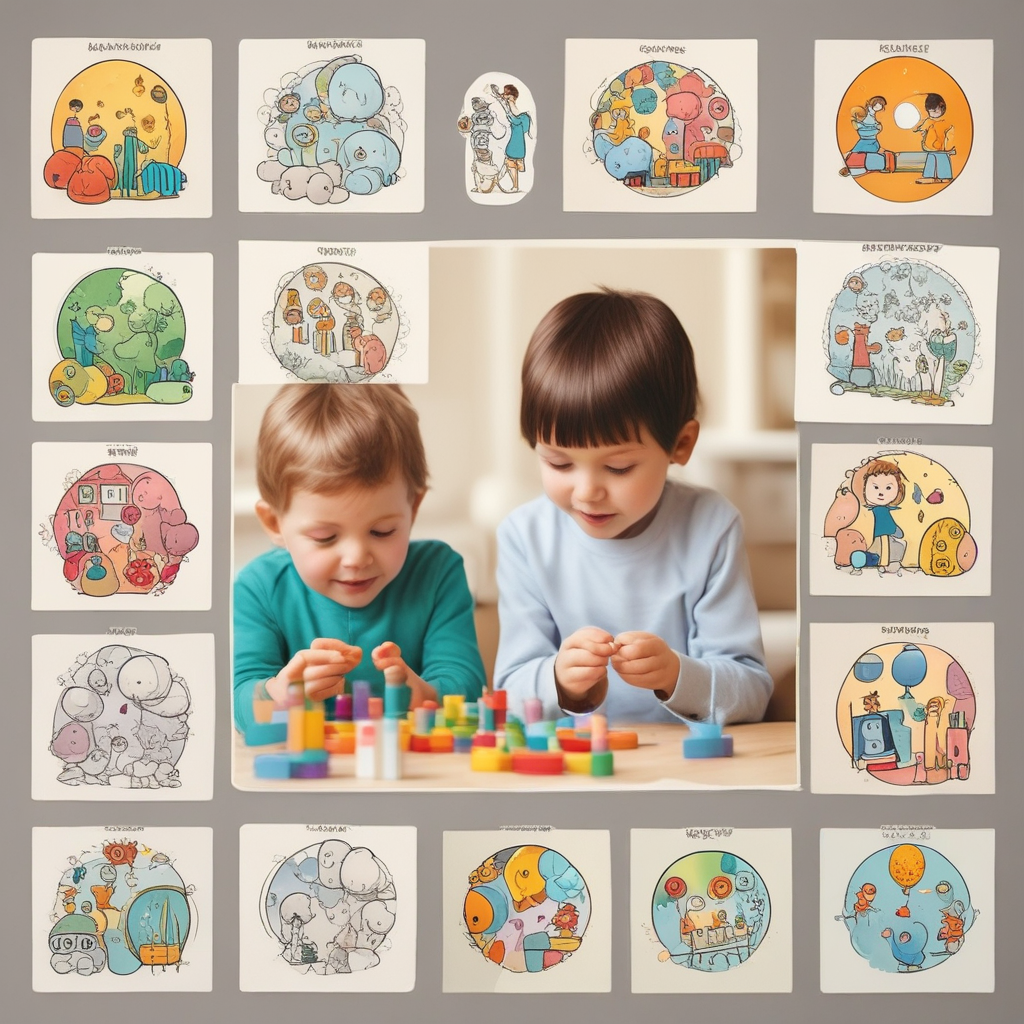-
Table of Contents
- Cognitive Development Activities: Unlocking the Potential of the Mind
- Why Are Cognitive Development Activities Important?
- Types of Cognitive Development Activities
- Case Studies: Real-Life Examples of Cognitive Development
- Tips for Incorporating Cognitive Development Activities
- Conclusion: The Lifelong Benefits of Cognitive Development Activities
Cognitive Development Activities: Unlocking the Potential of the Mind

Cognitive development refers to the growth and refinement of intellectual abilities such as thinking, reasoning, problem-solving, and memory. Engaging in activities that stimulate cognitive development is essential for individuals of all ages, particularly during childhood when the brain is most malleable. This article explores the importance of cognitive development activities, provides examples, and highlights their benefits backed by research.
Why Are Cognitive Development Activities Important?
Cognitive development activities play a crucial role in shaping how individuals process information, make decisions, and interact with the world. For children, these activities help build foundational skills that support academic success and social interactions. For adults, they can enhance mental agility and delay cognitive decline.
According to a study published in the journal Developmental Psychology, children who engage in stimulating cognitive activities show improved problem-solving skills and higher IQ scores compared to their peers who lack such exposure. Similarly, research from the Alzheimer’s Association suggests that adults who regularly challenge their brains through cognitive activities are less likely to develop dementia.
Types of Cognitive Development Activities
There are various types of activities that can foster cognitive growth. These activities can be tailored to different age groups and interests. Below are some examples:
- Puzzles and Brain Games: Activities like jigsaw puzzles, Sudoku, and crosswords enhance problem-solving skills and improve memory.
- Reading and Storytelling: Reading books or engaging in storytelling helps develop language skills, imagination, and critical thinking.
- Creative Arts: Painting, drawing, and crafting stimulate creativity and improve spatial awareness.
- Physical Activities: Sports and exercises like yoga improve coordination and focus, which are essential for cognitive development.
- Educational Apps and Games: Digital tools designed for learning can make cognitive development engaging and interactive.
Case Studies: Real-Life Examples of Cognitive Development
To illustrate the impact of cognitive development activities, consider the following case studies:
- Case Study 1: Early Childhood Education ProgramsIn a study conducted by the National Institute for Early Education Research, children enrolled in high-quality preschool programs that incorporated cognitive activities like puzzles and storytelling showed a 20% improvement in literacy and numeracy skills by age 6.
- Case Study 2: Cognitive Training for SeniorsA program called “BrainHQ” was tested on older adults to assess its effectiveness in improving cognitive function. Participants who engaged in the program for 10 weeks demonstrated a 30% increase in memory retention and processing speed.
Tips for Incorporating Cognitive Development Activities
Here are some practical tips for integrating cognitive development activities into daily life:
- Set aside dedicated time for activities like reading, puzzles, or creative arts.
- Encourage group activities to foster social interaction and collaborative problem-solving.
- Use technology wisely by selecting educational apps and games that promote learning.
- Balance mental stimulation with physical exercise to support overall brain health.
- Adapt activities to the individual’s age and interests to maintain engagement.
Conclusion: The Lifelong Benefits of Cognitive Development Activities
Cognitive development activities are essential for nurturing intellectual growth and maintaining mental health throughout life. From childhood to old age, engaging in stimulating activities can improve memory, problem-solving skills, and overall brain function. Whether through puzzles, storytelling, or physical exercise, these activities provide a foundation for success and well-being.
By incorporating cognitive development activities into daily routines, individuals can unlock their full potential and enjoy a sharper, more agile mind. Start small, stay consistent, and watch the transformative effects unfold over time.



